After The Fall of Kabul
May 1, 2024 Leave a comment

In the journal Rethinking History: Professor Thomas Ambrosio at North Dakota State University has published an article on the relevance and reception of A Distant Plain in the period during and after the collapse of the Afghan government in 2021.
Here is the abstract of the article:
Boardgaming after the fall of Kabul: player and designer (re)engagement with a distant plain
Thomas AmbrosioReceived 09 Feb 2022, Accepted 29 Mar 2024, Published online: 28 Apr 2024
Cite this article https://doi.org/10.1080/13642529.2024.2339120ABSTRACT
During summer 2021, the world watched the swift and, for some, surprising collapse of Afghanistan’s government. However, a Taliban victory was always a possibility for players of A Distant Plain (ADP), a boardgame about insurgency and counterinsurgency in post-9/11 Afghanistan. These events inspired many ADP players, and its designers, to (re)engage with the game, thus providing scholars with a unique opportunity to investigate in real time how historical practice occurs within the popular culture space. Utilizing primary sources, this article demonstrates that contemporary history games – those which depict current events or open-ended, unresolved periods, rather than ones designed to model what is seen as ‘settled’ history – are uniquely subject to external, out-of-game interventions which may prompt reevaluations of their assumptions and models, since players and designers are repeatedly challenged by changing circumstances to integrate new data into how they perceive and consume the historical representations found therein. These games are therefore exceptionally suited to engendering genuine and ongoing historical practice, through the use of evidence, argumentation and debate, retrospective reassessments, and counterfactual analysis. The broader discipline will greatly benefit from taking a more inclusive view of popular history by paying greater attention to historical games of this type.
The journal and article are available through Taylor and Francis Online, a site I don’t have access to but if you are connected with a post-secondary educational institution or a good library you might be able to access it.
https://www.tandfonline.com/doi/full/10.1080/13642529.2024.2339120?src=
Thomas Ambrosio has written several other articles in the same vein, good to see this interpretation getting some air.
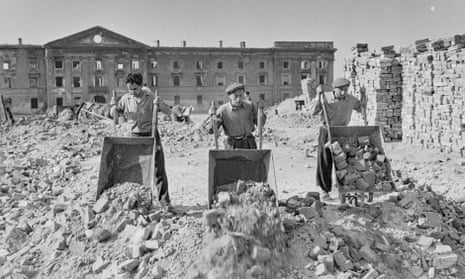

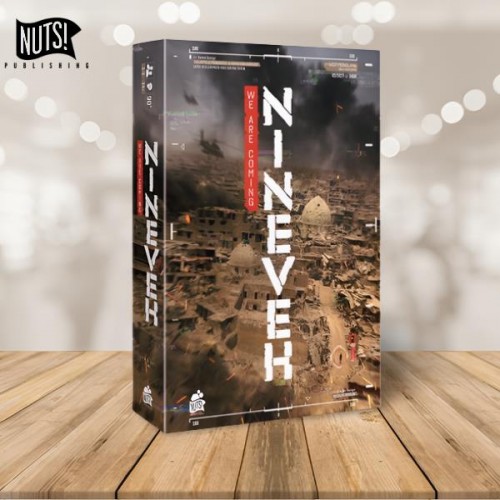

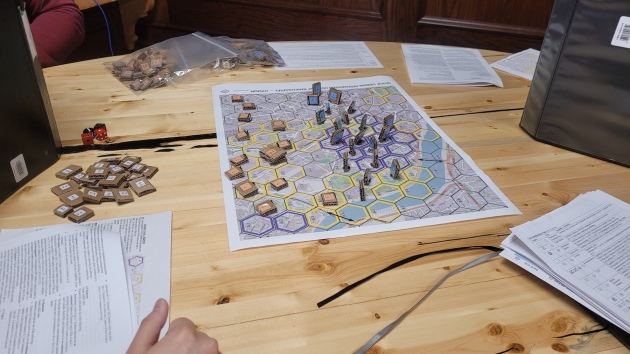
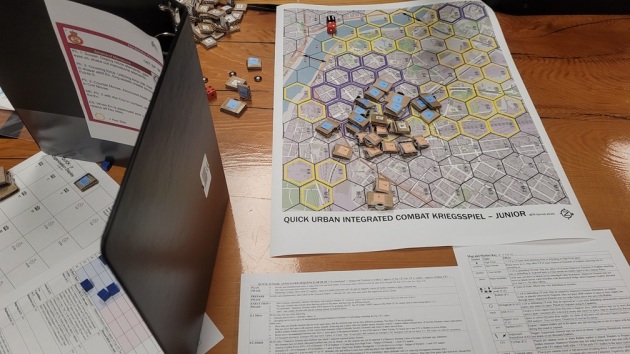
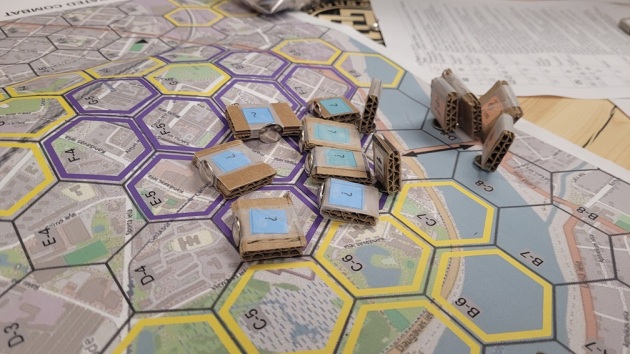
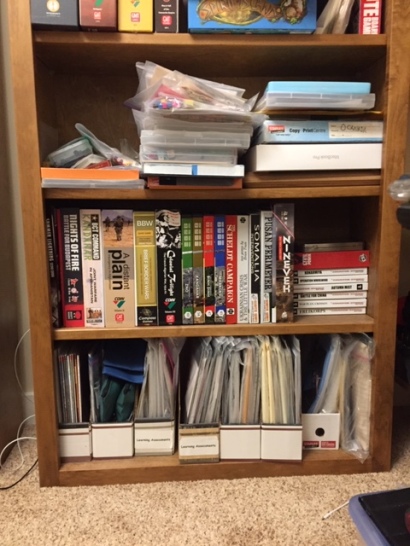
Recent Comments